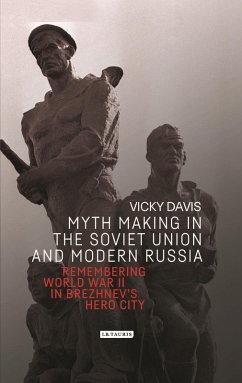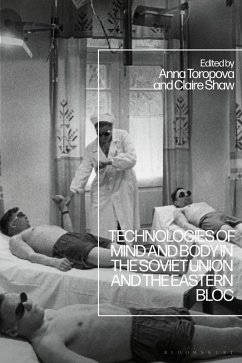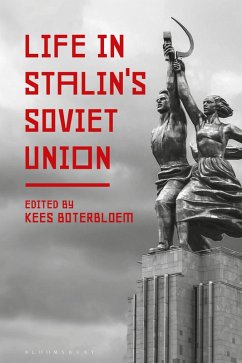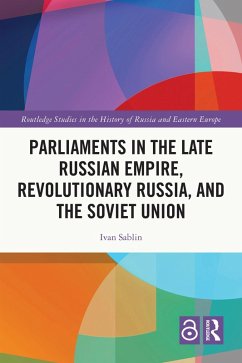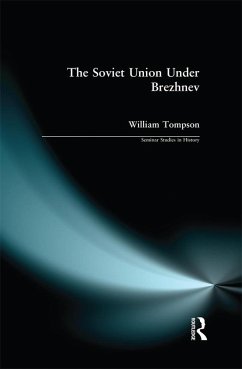
Dissident Histories in the Soviet Union (eBook, PDF)
From De-Stalinization to Perestroika

PAYBACK Punkte
13 °P sammeln!
How was it possible to write history in the Soviet Union, under strict state control and without access to archives? What methods of research did these 'historians' - be they academic, that is based at formal institutions, or independent - rely on? And how was their work influenced by their complex and shifting relationships with the state? To answer these questions, Barbara Martin here tracks the careers of four bold and important dissidents: Aleksandr Solzhenitsyn, Roy Medvedev, Aleksandr Nekrich and Anton Antonov-Ovseenko. Based on extensive archival research and interviews (with some of th...
How was it possible to write history in the Soviet Union, under strict state control and without access to archives? What methods of research did these 'historians' - be they academic, that is based at formal institutions, or independent - rely on? And how was their work influenced by their complex and shifting relationships with the state? To answer these questions, Barbara Martin here tracks the careers of four bold and important dissidents: Aleksandr Solzhenitsyn, Roy Medvedev, Aleksandr Nekrich and Anton Antonov-Ovseenko. Based on extensive archival research and interviews (with some of the authors themselves, as well as those close to them), the result is a nuanced and very necessary history of Soviet dissident history writing, from the relative liberalisation of de-Stalinisation through increasing repression and persecution in the Brezhnev era to liberalisation once more during perestroika. In the process Martin sheds light onto late Soviet society and its relationship with the state, as well as the ways in which this dissidence participated in weakening the Soviet regime during Perestroika. This is important reading for all scholars working on late Soviet history and society.







